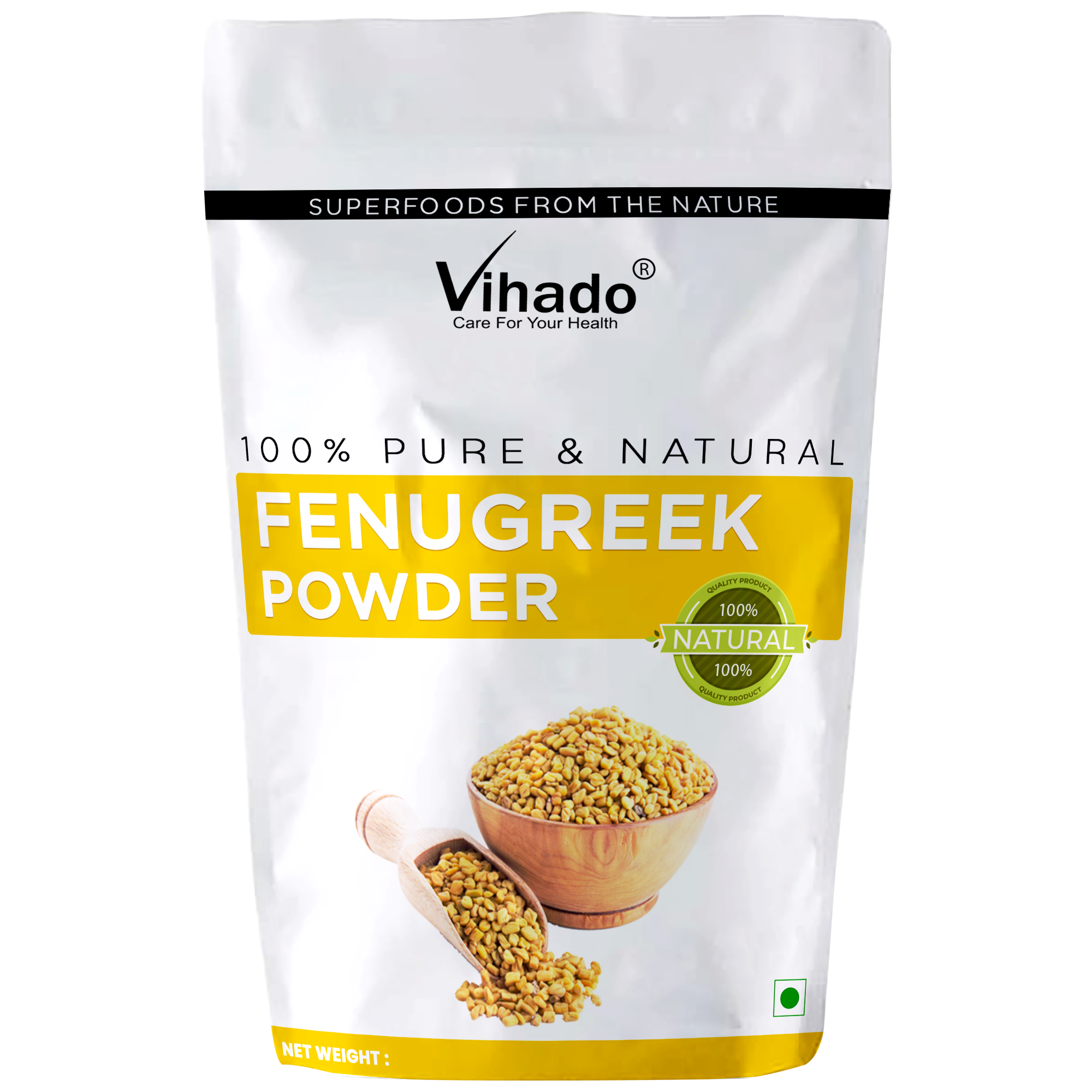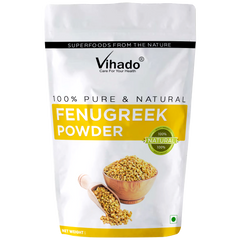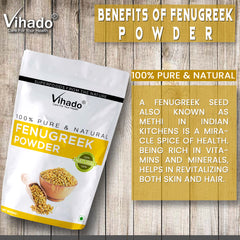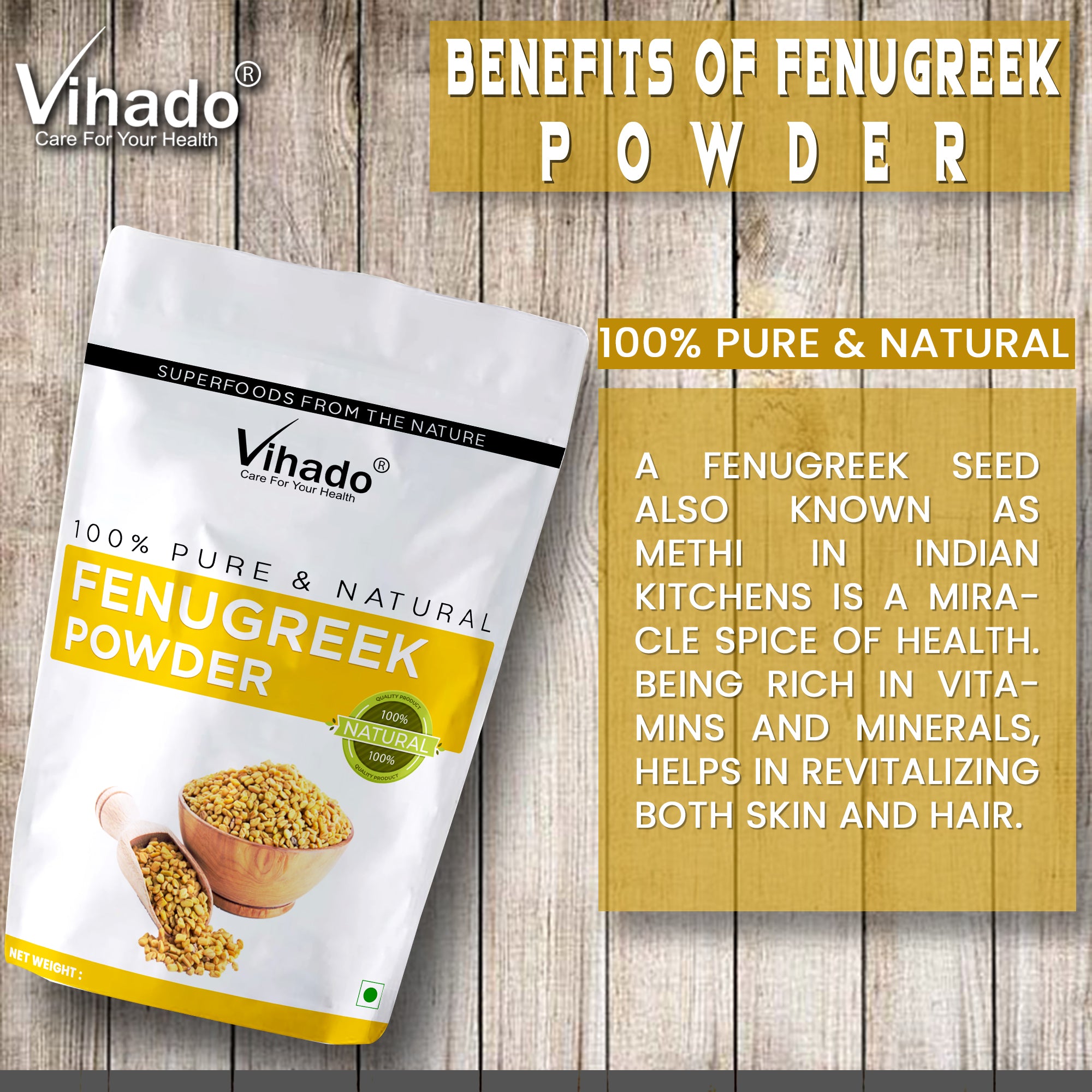




1. Fenugreek seeds are used as remedies for hypercholesterolaemia and diabetes in Indian, Chinese, and Arabic Medicine.
2. Fenugreek seeds have antioxidant activity, because of which they neutralise free radicals.
3. Seeds of Methi have been used as a remedy for stomach disorders, constipation, fever, diabetes, and anaemia.
4. Many studies suggest that fenugreek has many therapeutic benefits such as liver protection, reducing inflammation, antiulcer, anticancer, antibacterial, and neuroprotective.
1. Garam Masala: There are many versions of this classic Indian blend of spices, but the addition of ground fenugreek seeds balances well with cinnamon, bay leaves, cardamom, cumin, coriander, black pepper, cloves, and mace. It is best when added at the end of cooking and can be used in Indian dishes like curries, lentils, or soups. Store spice mixture in an airtight container, in a dark, cool place.
2. Niter Kibbeh: An Ethiopian clarified butter that is similar to ghee but seasoned with aromatics and spices like fenugreek, cardamom, cumin seeds, and cinnamon. Use it in stews, braised vegetables, and sauteed meat dishes.
3. Aloo Methi (Indian Curry): A traditional Indian potato curry with cumin, red chilies, turmeric, fenugreek, and coriander. Fenugreek leaves are chopped and added to the sauteed potato mixture at the very end and served alongside rotis or rice.
4. Methi Dal (Fenugreek Dal Stew): An Indian dal stew with cumin, chilies, toor dal (pigeon peas), turmeric, garam masala, and sauteed fenugreek leaves. Serve with roti, naan, or steamed rice.
5. Methi Paneer: Paneer curry combined with pureed spinach and bitter hints of fresh fenugreek leaves. This makes a great side dish served with rotis, naan, or parathas.


